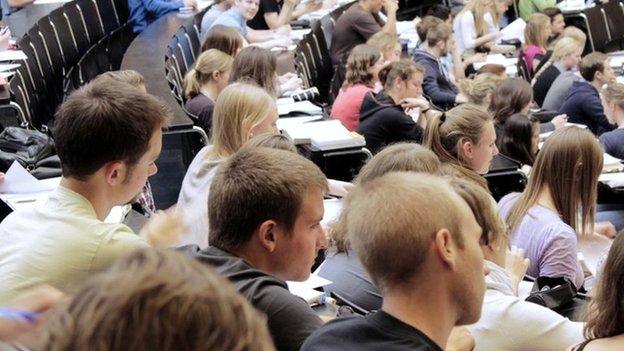College lecturers consider industrial action over pay
- Published
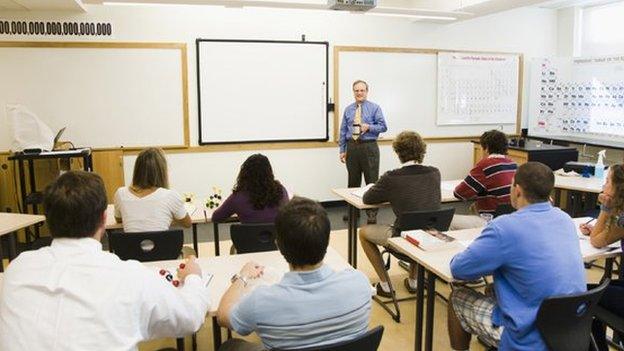
College lecturers across Scotland are set to consider taking industrial action over pay.
Their headline pay offer is worth 1% - but some want big rises to even out inequalities between different colleges.
The row comes amid continuing debate over the impact of a huge shake-up in the college system.
Overall budgets have fallen, colleges have merged and there are far fewer part time students.
National pay bargaining has been re-introduced for college lecturers for the first time in decades.
But according to the EIS Further Education Lecturers' Association (FELA) there are still widespread disparities between pay at different colleges.
The union argues staff at some colleges are receiving £7,000 a year less than others doing the same job somewhere else.
The union wants all unpromoted lecturers to earn up to £40,386, amounting to an uplift of between 3.3% and 25% across the best and worst-paying colleges.
The EIS FELA will decide what steps to take next at a conference later this month. But general secretary Larry Flanagan believes industrial action is likely unless progress is made.
He said "Scotland's college lecturers deserve a fair pay award.
"It is simply unacceptable for the management side to drag the pay round for almost a year, only to then offer exactly the same cash-terms percentage pay rise that was previously proposed and rejected. It is also extremely disappointing that the final offer reinforces the pay imbalance across the sector.
"The pay gap is already extremely wide, amounting to almost a £7,000 difference in some cases, for lecturers doing the same job in different colleges.
"This is not what Scotland's further education lecturers hoped for or expected from a return to national bargaining, and the management across the sector must now rethink both their negotiation tactics and their unrealistic pay offer. The Scottish government should also now take action to ensure a satisfactory outcome to this process."
College pay offs
The threat of a national pay dispute comes at a time when the whole college sector is under scrutiny.
Colleges have gone through a huge shake up in recent years. A series of mergers to create what have been dubbed "regional supercolleges" led to 1,000 job losses.
Earlier this week, First Minister Nicola Sturgeon argued colleges were now "fit for the future" when she opened City of Glasgow College's new riverside campus.
But critics contend that there is little evidence to suggest the mergers have actually benefited students. Colleges now focus primarily on recognised qualifications, mostly for young people, but there are far fewer part time places.
Earlier this month, members of the governing body at Glasgow Clyde College were fired by Education Secretary Angela Constance. There had been a longstanding row at the college where the principal was suspended in February.
There have also been concerns about the pay offs at some colleges. A particular concern involves the former Coatbridge College where there have been allegations of collusion.
John Doyle, the college's former principal, and John Gray, the former chairman of the college board, defended themselves at Holyrood's Public Audit Committee on Wednesday.
Mr Doyle, who earned £116,000 a year by the end of his service, received 30 months' pay in total. Mr Doyle and six others shared half of a £1.7m severance pot between them.
First Minister Nicola Sturgeon has said she was personally "appalled" by the pay-offs, which Auditor General Caroline Gardner described as one of the most serious failures in governance she has ever encountered.
Mr Doyle told MSPs his reputation had been unfairly trashed.
- Published28 September 2015
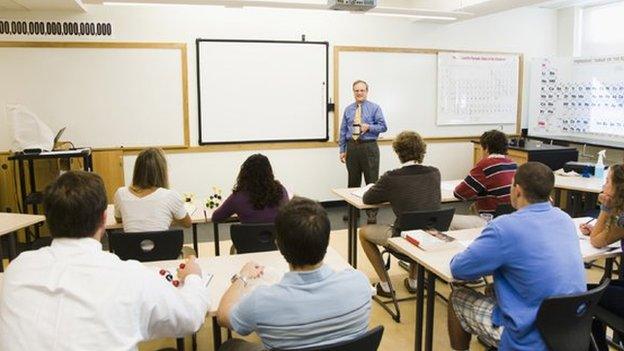
- Published9 September 2015
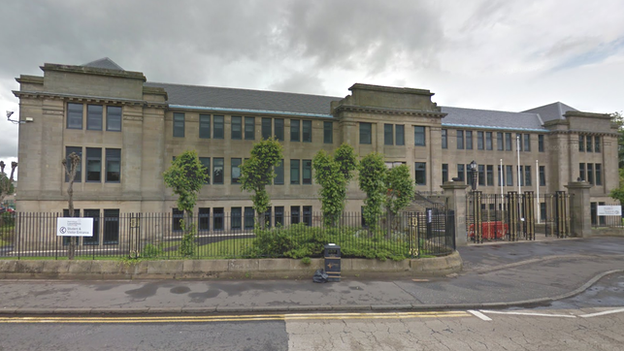
- Published26 June 2015
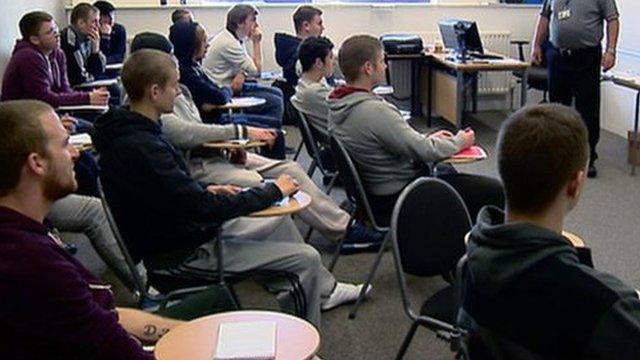
- Published2 April 2015
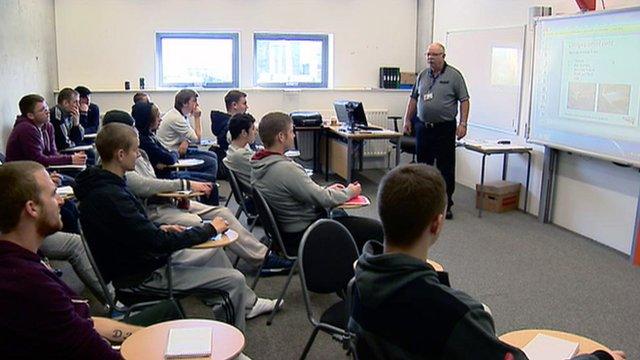
- Published1 November 2013

- Published15 January 2015
